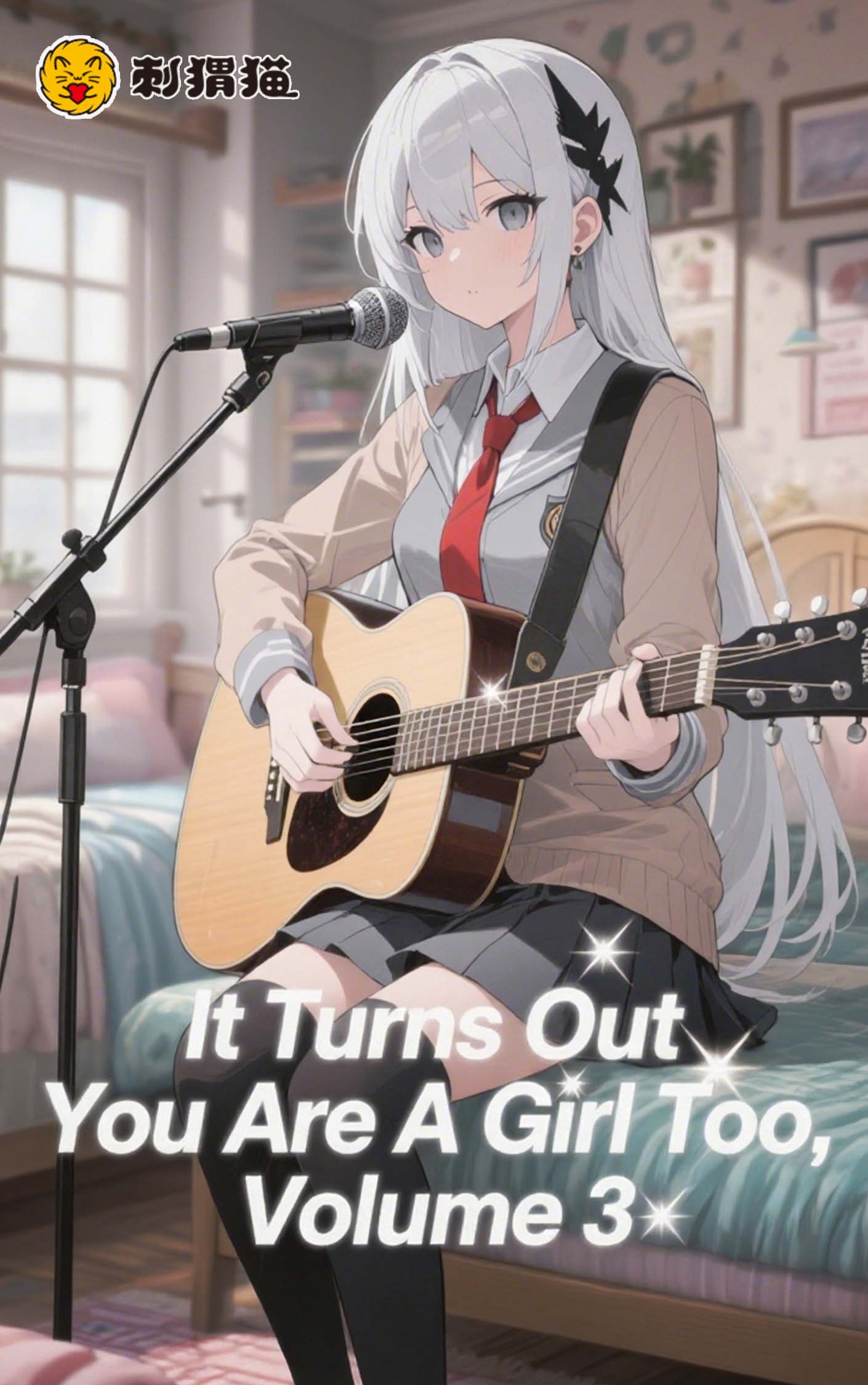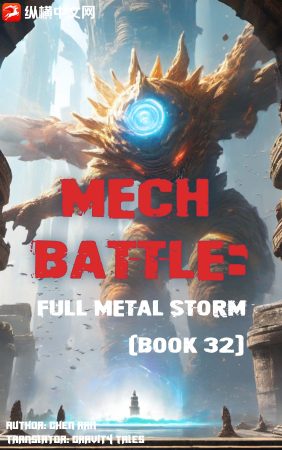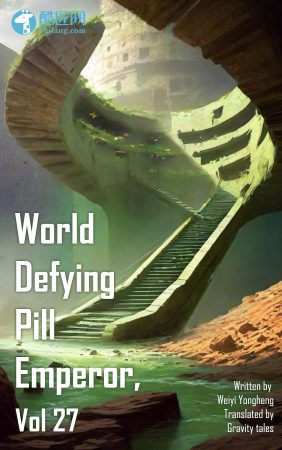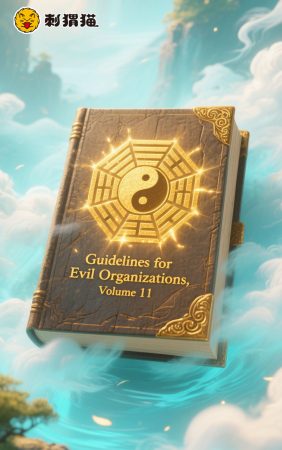Chapter 25
Our Discord Server: https://discord.gg/PazjBDkTmW
Chapter 25: I Won’t Become the German Emperor
"It doesn’t matter who won in the end, what matters is that I feel like I won."
Following the prince regent’s orders, there must be extensive publicity, even to the extent that everyone in Prussia and Germany knows about it.
The German allied forces, led by Prussia, fought and defeated the French army head-on. This is excellent material for publicity. People should take a good look. Can the weak Austria lead you to victory in battle? When it comes to warfare, Austria is just in it for fun. The true martial prowess lies with Prussia.
The princes of the allied forces are also eager to join in the publicity with Prussia. The era of the great revolution is not yet over. The people demand freedom and democracy. This significant victory will strengthen the monarch’s authority and provide a reason to suppress internal disturbances by liberal factions.
Meanwhile, France also claims this as a great victory.
Napoleon III’s current stance is uncertain. He attaches great importance to the Apennine Peninsula issue but also to the South German issue. He aims to pursue both directions.
He intends to concentrate his forces on the Apennine Peninsula to confront the Austrian army while continuing to engage in battles with the German allied forces in South Germany.
After the Battle of Ingelfingen, the German allied forces no longer wish to continue fighting. They have already won a battle that can be boasted about, which elevates the prestige of the monarchy. Now, they must return home to suppress the liberal factions and eliminate the revolutionary movements while their prestige is at its peak.
Prussia’s main aim was to unite the North German lords, as well as to build up the people’s sense of pride and undo the shame caused by the French army for decades. Now, the goal has been achieved.
Leader One called a meeting with his advisors to share his thoughts.
"The South German War should not escalate further in scale; it needs to be minimized. I propose using South German as a training ground, rotating troops there for real combat training. At the same time, I don’t want the South German War to excessively impact domestic development."
"Emperor Napoleon III still wishes to maintain over twenty thousand troops in South German, which is not acceptable. I hope that in the future, both sides in the South German battlefield will keep their total troops under ten thousand."
"How can we get Emperor Napoleon III of France to restrain himself a bit? Does anyone have any ideas?"
Leader One posed the question, and everyone in the office turned their heads towards Anna.
"Don’t look at me! Schultz, that cunning man, is here; he must have a solution."
Leader One said, "Schultz requires money for his work. You must come up with a way to resolve the South German issue without Prussia having to give up anything."
Cabinet Secretary Schultz indeed had a solution, but his method involved bribing key figures in the French cabinet to advise a different course of action, which could require hundreds of thousands of pounds.
The prince regent doesn’t like to spend money, he wants to get things for free if possible.
Anna didn’t speak yet, she stood in front of a world map and looked up at the simple map on the wall.
"Please allow the Prime Minister and Minister of Foreign Affairs to accompany me on the visit to England, Your Highness the Regent."
Anna said she would go to England to sign a secret military alliance treaty and then arrange for some insiders to leak information, so Emperor Napoleon III would naturally withdraw his troops.
Prussia is technically England’s follower, but thinking about signing a military alliance treaty with them… Leader One doesn’t think it’s likely. Anna, what do you plan to do?
"The root cause of all chaos in England is the economic crisis. Whether it’s the Great Revolution or the Queen seizing power, the Duke and Duchess of Kent don’t want the Queen to seize power. It all relates to the economic crisis. The outbreak of the economic crisis in England is due to severe overproduction in industrial capacity, resulting in products not being sold."
"With products not selling, factories closing one after another, it triggers a chain collapse in the industrial, commercial, and financial sectors of England. If using normal means to eliminate the economic crisis, it would take over ten years. But to quickly eliminate the effects of the economic crisis, only war is the solution."
"England needs to find a huge, untapped market where products can be sold, allowing the industries and financial sectors to quickly recover with a brand new market. This way, the economic crisis will be solved effortlessly. So, where do you think this huge untapped market is?"
Anna confidently spoke while holding a glass of red wine in front of everyone.
England needed to fight in the Far East for a few reasons: to open markets and fix its economy, to limit the Ming Empire’s power, and to ensure England stayed powerful. Also, to protect its control over India.
England didn’t have enough strength to fight in the Far East alone. The Ming Empire was strong, with many countries paying tribute to them. This would be a big war between the Western and Eastern worlds, so England needed help from other European countries.
To help England deal with a problem between Prussia and France, Prussia would help England in return for gaining some benefits in the Far East.
Anna mentioned that if England started the Far East War, they might need to send 3,000 to 5,000 soldiers and could gain some land or trading privileges.
Schultz didn’t have any thoughts on the Far East issue because he didn’t understand it.
Freeman, the head of the Royal Affairs Office, hinting that the Ming Empire was not an easy opponent to deal with.
Ron, Chief Secretary of the Ministry of National Defense, said that Prussia couldn’t send troops far because they had no navy, no experience in distant battles, and England would have to handle all transport and supplies. If England took care of these things, then Prussia could send some troops to help fight.
Prince Regent Redel asked if Japan was under the control of the Ming Empire.
Freeman explained that technically Japan was, but it was more like a formal relationship rather than being truly controlled by the Ming Empire.
The prince regent thought that Prussia was too weak to fight against the army of the Great Ming Empire. He suggested that Prussia could go and fight on the Japanese islands if England wanted to start a war in the Far East.
In theory, Prussia is like a dog to England, and Japan is like a dog to the Great Ming Empire. The idea is that it’s more reasonable for the pets to fight each other while their masters stay out of it.
Following the prince regent’s orders, a delegation from Prussia visited England and quickly signed a secret military alliance treaty called "The England and Prussia Far East Issue Treaty."
Some people in the English and Prussian governments leaked information, leading to the signing of the "England and Prussia Secret Military Alliance Treaty." When asked by the media, both countries’ spokespersons neither confirmed nor denied the treaty.
When Emperor Napoleon III heard the news, he started withdrawing troops from South Germany and focusing more on the Apennine Peninsula. French propaganda claimed a decisive victory in South Germany and enough benefits, so they saw no need to continue fighting.
As the French troops retreated, Prussia was overjoyed. They celebrated, "Hooray! We chased the French away! A great victory in the South German War!"
The people in both countries were happy, but those who subscribed to newspapers from both sides were confused. Both sides claimed an epic victory in the war.
With the French and German coalition forces gone, what remained was a devastated land.
The South German nobles were extremely unhappy, especially with Prussia. Prussia used tough tactics in South Germany, aiming to turn their semi-puppet state into a full puppet.
Even though France didn’t use force, they still influenced the South German rulers, and both sides began a non-violent struggle for power.
Since 1815, the South German rulers have been heavily influenced by Prussia and Austria. Prussia and Austria have not been friendly to the South German rulers, and this war has caused a lot of damage to the South German region.
They remembered the great reign of Napoleon I before 1815, and now Napoleon III reached out, leading the South German rulers to quickly align with France.
Even though the French army didn’t fight with Prussia, the South German rulers started resisting Prussia. Even the formerly loyal Hessian-Kassel and northern Baden announced the end of all cooperation with Prussia.
As a result, the South German War broke out again, this time with the South German rulers supported by France against Prussia.
The prince regent was not surprised; this was a script that had been prearranged. Prussia needed a battlefield to train its troops, sending thousands of troops each year for practical training and rotation for military exercises.
Prussia’s size wouldn’t be affected by these small-scale wars, but apart from Bavaria, the other weak small states of South Germany couldn’t withstand it. Being dragged into such a war for a long time would seriously delay their development.
In reality, this was an unspoken agreement between Prussia and Bavaria.
Bavaria encouraged the South German rulers to fight against Prussia, continuously ravaging the small South German states. Prussia could use this for training its army, and Bavaria and the other South German rulers would bleed dry, allowing Prussia to annex a few of them.
Prussia also wanted South German to integrate, as having so many small countries was uncomfortable. They wanted South German to become fewer, larger states, which would make things easier in the end.
The military training ground in South German was completed. The issue in the Far East concerned England, not Prussia. Prussia didn’t have many interests in the Far East, they just wanted to benefit without preparing for any Far East wars.
The prince regent doesn’t have any ambitions now, he just wants to lay low and farm at home. The economy is growing by twenty percent per year, which is very good.
Prussia has mostly resolved the Liberal Revolution and the wars, but the Germany princes… they have started behaving confusingly.
The Germany coalition forces repelled the French army in South German, which strengthened the monarchs’ authority in various countries. But the princes were not satisfied with this. They wanted to completely resolve the revolution all at once.
Anna had planned the path for the princes since the beginning of the South German War. They would fight against the French, boost the monarch’s power. If the liberals caused trouble, they would crush them completely. If the liberals were quiet, they would suppress them appropriately. After defeating the French, they could gradually weaken the liberals and gradually eliminate the revolution.
However, these North German princes were foolish. After winning the war against the French, they returned and started massacring the liberals with extreme force, not understanding what was appropriate. Even if there was no trouble, they would kill entire families. This naturally led to a strong backlash from the liberals, and the Liberal Revolution in the German region reached a new peak.
The people’s overwhelming momentum had reached a point where the princes could not suppress it anymore. The princes had to listen to the liberals’ suggestions and began to implement a constitutional monarchy parliamentary democratic system, with many liberals coming into power.
The Frankfurt National Congress, with representatives from the middle class, capitalists, and liberal politicians, was established. It claimed to represent all the people of Germany and aimed to unify Germany peacefully, establishing a constitutional monarchy German Empire.
In this democratic German Empire, who will become the emperor (mascot)?
The Frankfurt National Congress chose Prussian Prince Regent Redel, a letter of appointment as the German Empire Emperor was sent to Prussia.
Leader One was very touched, and then decided to refuse.
Authority should not be given by others, but should be taken by oneself, especially this so-called German Empire Emperor, who has no real power and is just a mascot.
The liberal group at the Frankfurt National Congress wanted to unify Germany through talk, planning to use the momentum of the Liberal Revolution to persuade various principalities to join the German Empire.
If they succeed, the final result would be a constitutional monarchy German Empire more powerful than the Holy Roman Empire.
Each principality would do its own thing, with a German Empire in name only controlled by the parliament, where neither the emperor nor the lower monarchs have real power. This kind of German Empire would be meaningless, only fulfilling the people’s desire for unity.
The Frankfurt National Congress’s plan is unlikely to succeed, Leader One also won’t allow them to succeed, and Austria even less so.
The National Congress claims to represent the voice of all German people, but they could not represent Prussia and Austria.
Austrians didn’t want a Prussian to become the German Emperor.
The Prussians didn’t want Prince Redel to be just a figurehead German Emperor. The Prussian people hoped Redel could become a powerful Emperor of Germany.
If you can’t represent both Prussia and Austria, then what’s the use of this National Congress?
Director Freeman of the Royal Affairs Office, "Do you want to officially reject the appointment as Emperor by the Frankfurt National Congress?"
Leader One smiled and said, "No rush, let’s play with them."












